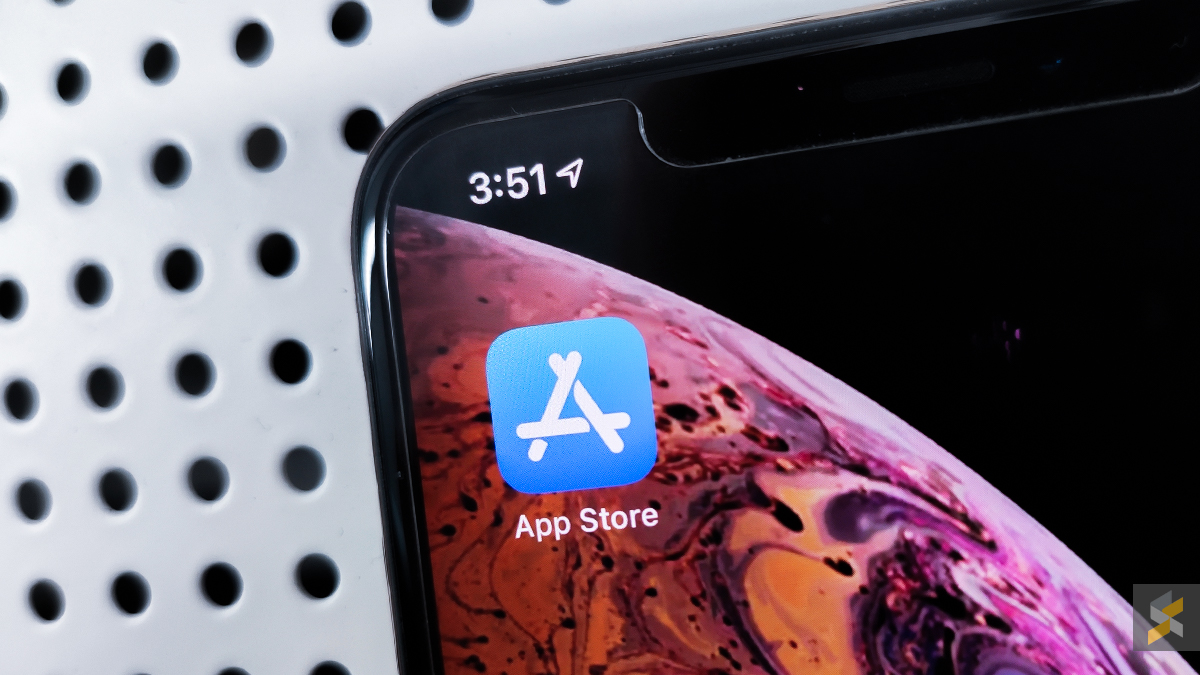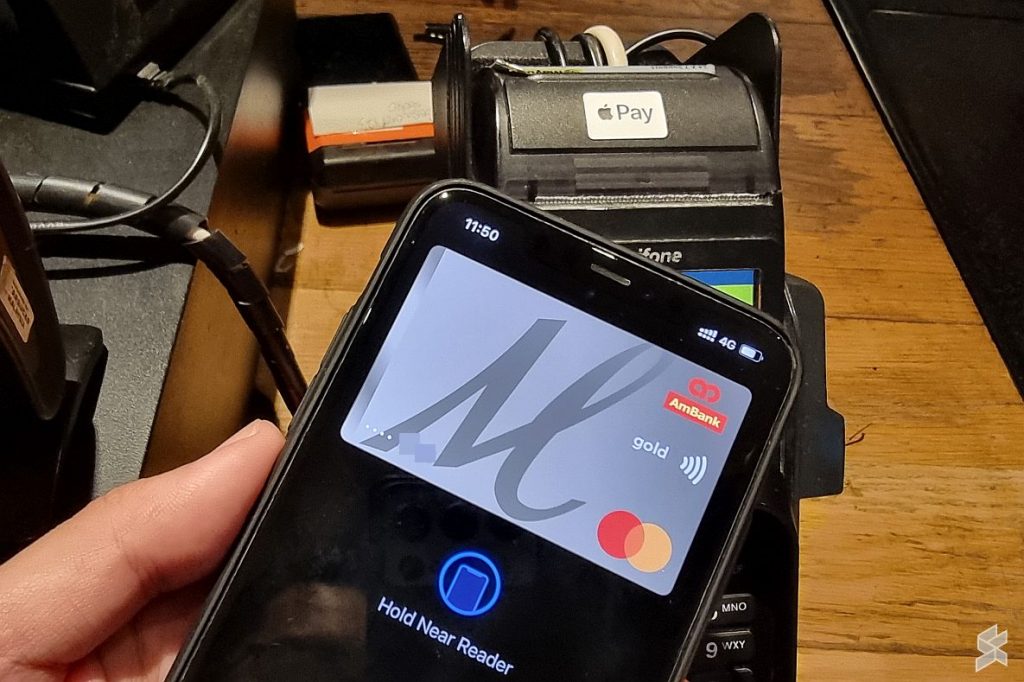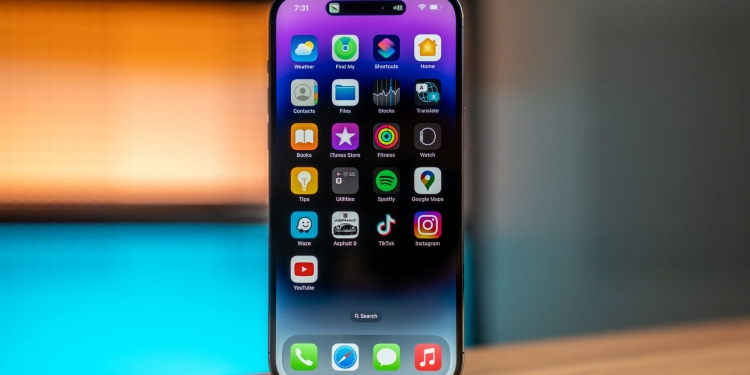Unless you’re prepared to jailbreak your iPhone, being able to only download apps via the App Store has long been a hallmark of Apple’s walled garden approach to software for its devices, in stark contrast to the much more open Android ecosystem. However, according to a new report by Bloomberg, this could all be set to change thanks to some new rules introduced by the European Union.
This comes as a result of the new Digital Markets Act that’s set to take effect in Europe next year, with the European Union requiring companies to fully comply with it by 2024. Part of this new law requires all technology companies to allow users install third party apps of their choice onto their devices. This is on top of getting messaging services to work together better, allowing users to change their default settings easier, as well as giving developers equal access to features within apps and services.

Apple is currently working to ensure they meet this 2024 deadline, with key people such as software engineering vice president Andreas Wendker overseeing the move. Cupertino is apparently looking to meet the EU somewhere in the middle by putting in place some security requirements even for apps distributed outside of the App Store, such as verification by Apple; they could presumably charge the user a fee for this service.
It’s understood that within Apple at least, not everyone is onboard with the idea still and is perhaps only going along due to having their arm twisted by the EU. Cupertino has previously spent years before this lobbying the EU on why allowing users to sideload apps onto their iPhones would be a security nightmare; just last year, Apple released a 16-page document called ‘Building a Trusted Ecosystem for Millions of Apps‘, which highlighted the ‘important role’ of the App Store in protecting both users and app developers by preventing malware and piracy running rampant on iPhones.
There would also be other ramifications for Apple thanks to the EU’s Digital Markets Act. For one, the Cupertino giant will need to make more of their application programming interfaces (APIs) open to third-party apps. They also need to allow other apps to use certain features on the iPhone—for example, only Apple’s Wallet and Apple Pay can currently use the iPhone’s NFC chip for cashless payments. Even Google Chrome would be affected; Apple requires all mobile browsers on iOS use its WebKit engine, meaning that even Chrome on iOS uses WebKit, despite using its own Blink engine on every other platform.

That being said, Apple is apparently yet to decide on some issues within the Digital Markets Act still, such as whether or not to allow app developers from giving users a way to make in-app purchases and subscriptions without going through the App Store. There’s no word yet on whether they plan to open up iMessage and integrate it into RCS either, the messaging protocol championed by the likes of Google. Furthermore, these changes could also go into effect only for European iPhone users first, rather than going global immediately.
Texting a friend with a different phone than you should be no problem… Right? @Apple? #GetTheMessage pic.twitter.com/Qa1TDkmUSK
— Android (@Android) August 9, 2022
Of course, this is far from the first time the EU has forced Apple into making changes they otherwise likely wouldn’t do. The USB-C port for example looks set to debut on the next iPhone thanks to EU regulations, and from the looks of things the upcoming iOS will also see a bunch of changes such as those listed above to meet with the requirements of the Digital Markets Act.
[ SOURCE ]








